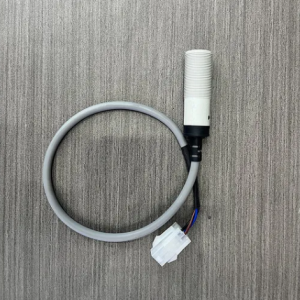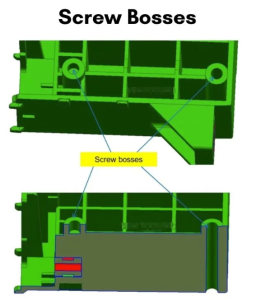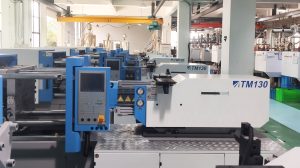Understanding the Importance of the Right PPE Molding Partner
When it comes to producing personal protective equipment (PPE), choosing the right injection molding supplier is critical. The quality of the PPE, its compliance with regulatory standards, and the efficiency of production all depend on the expertise of the manufacturer. Asking the right questions before partnering can help you avoid costly mistakes.
1. Do They Specialize in PPE Injection Molding?
Not every plastic injection molding company has experience with PPE. It’s important to ask whether the supplier has worked with items such as face shields, mask components, respirator valves, or goggles. A specialized supplier will understand the regulatory and safety requirements that apply to medical and industrial protective equipment.
2. What Materials and Certifications Do They Use?
High-quality PPE requires certified materials like medical-grade polycarbonate or polypropylene. Ask the supplier for documentation of materials used and ensure they meet ISO, FDA, or CE standards where applicable. Transparency in sourcing and traceability of materials is essential for accountability and compliance.
3. Can They Provide Prototyping and Custom Mold Design?
Before full production, prototyping allows for performance testing and iterative improvements. Check whether the supplier offers in-house mold design services, rapid prototyping, and product customization. A good PPE injection molding partner should support design-for-manufacturability (DFM) to ensure your product is both effective and scalable.
4. What Quality Control Measures Are in Place?
Quality assurance is non-negotiable in PPE manufacturing. Ask about their quality control processes—do they conduct regular inspections, dimensional checks, material testing, and compliance audits? Also confirm if they maintain documentation for every production batch, which is especially important for medical PPE.
5. What Is Their Production Capacity and Lead Time?
In times of high demand, such as during a health crisis, production scalability matters. Ensure the supplier has the capacity to meet your volume requirements without compromising on quality or delivery timelines. Ask for average lead times and how they handle rush orders or fluctuations in demand.
6. Are They Compliant with International Regulations?
Depending on your target market, compliance with regulations like the FDA (U.S.), CE (Europe), or NIOSH (for respirators) may be mandatory. Make sure the supplier has experience with regulatory documentation and can help navigate the certification process if needed.
7. Do They Offer Post-Production Support?
A reliable PPE injection molding supplier will offer support beyond manufacturing. This may include assistance with packaging, labeling, sterilization (for medical PPE), and logistics. A full-service partner can reduce time to market and streamline your supply chain.
8. Can They Share Case Studies or Client References?
Past success stories and client testimonials can provide insight into the supplier’s reliability and professionalism. Ask for references or case studies to better understand how they’ve helped other companies with similar PPE manufacturing needs.






